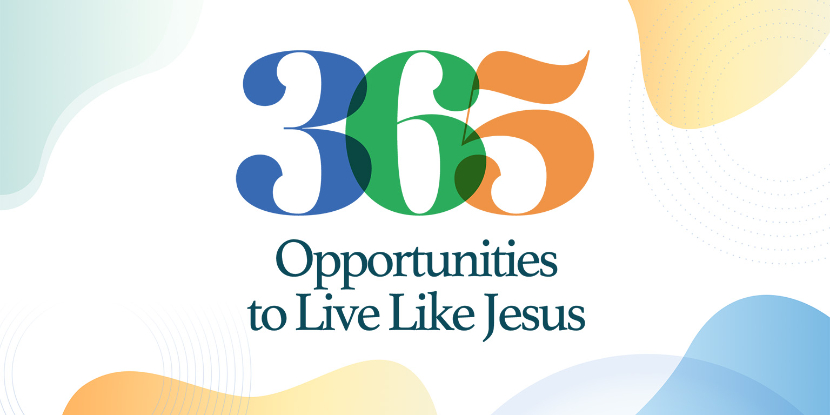From the October 2020 Issue

See-Through Problems
Though the terms “First World” and “Third World” originally had political connotations, today they are socio-economic labels. “First World” means “developed nations” while “Third World” means “poor or developing nations.” Because of worldwide media, we frequently see visual images of the problems and poverty throughout the Third World nations. And we in the First World are struck by the differences between their problems and ours.
For example, think of how people in the First and Third World nations might illustrate the word “problem.” What exactly constitutes a problem or hardship in these differing cultures? Consider these contrasts:
First World: The only doctor’s appointment I could get means I have to skip my gym session.
Third World: I’ve never been to a doctor. I’m too weak to work or take care of my children.
First World: The Wi-Fi at the coffee shop was down and I couldn’t get online to order new shoes.
Third World: My family’s shoes are flip-flops made from rubber cut from discarded truck tires.
First World: My sister’s family can’t drive over for the party due to heavy snow.
Third World: I haven’t seen or heard from any of my relatives since rebels attacked their village six months ago. I don’t know if they are dead, alive, or enslaved.
Our problems come in all shapes and sizes and from many different sources as we know from our recent challenges with COVID-19.
On the other hand, examples like those make us realize that problems are relative—what is a problem in one culture is not in another. Also, problems are often defined by our culture—if the culture tells us we have a problem because our car is more than two years old . . . that’s not really a problem. So it does help us to occasionally compare our problems with others.
Most of all: Problems reveal a lot about us. Specifically, how we respond to problems in our life exposes our values, priorities, and especially our spiritual beliefs. Our goal in life shouldn’t be to eliminate problems—that will never happen. Rather, our goal should be to keep them in perspective and respond to them in a biblical fashion.
Our problems come in all shapes and sizes and from many different sources as we know from our recent challenges with COVID-19. Some problems are caused by life. As one of Job’s friends told him, “Yet man is born to trouble, as the sparks fly upward” (Job 5:7). If you have a pulse, you have a problem—or soon will! That’s being realistic, not pessimistic. Life is full of things that break down, fall apart, and go wrong. Given that reality, the more things we have, the more problems we will have. If you can’t handle the problems of possessions, you should downsize. If you and I are going to have “stuff,” we need to read the fine print: “You will have problems with this stuff.” And that includes the personal side of life: health, relationships, jobs—they all come with problems.
Some problems are caused by others. Like the first category, these problems are largely outside of our control. We aren’t responsible for what life and others do, but we are responsible for how we respond to the problems they cause.
Problems may blindside us, but they don’t have to blind us—if only we can see through them to the opportunity for growth they represent.
Regardless of the source or size of the problems we encounter, God wants us to respond biblically, humbly, and with a teachable spirit. Problems may blindside us, but they don’t have to blind us—if only we can see through them to the opportunity for growth they represent. When we look at our problems in relation to ourselves, to God, to Scripture, and to others—we discover a whole new perspective—we will be able to see clearly and with greater understanding.
More Articles
This Month's Magazine Resource

What God Promises You
Using Scripture and powerful, real-life stories, Dr. Jeremiah helps you not just understand these promises but also claim them as your own.
Subscribe Now
Each month, read articles and devotionals from Dr. David Jeremiah that will encourage, challenge, and strengthen your walk with the Lord.














 Turning Point for God is a tax-exempt, not-for-profit, religious corporation as defined under Section 501(c)(3) of the Internal Revenue Code. Your donation gift(s) are very much appreciated and may qualify as a charitable deduction for federal income tax purposes.
Turning Point for God is a tax-exempt, not-for-profit, religious corporation as defined under Section 501(c)(3) of the Internal Revenue Code. Your donation gift(s) are very much appreciated and may qualify as a charitable deduction for federal income tax purposes.




